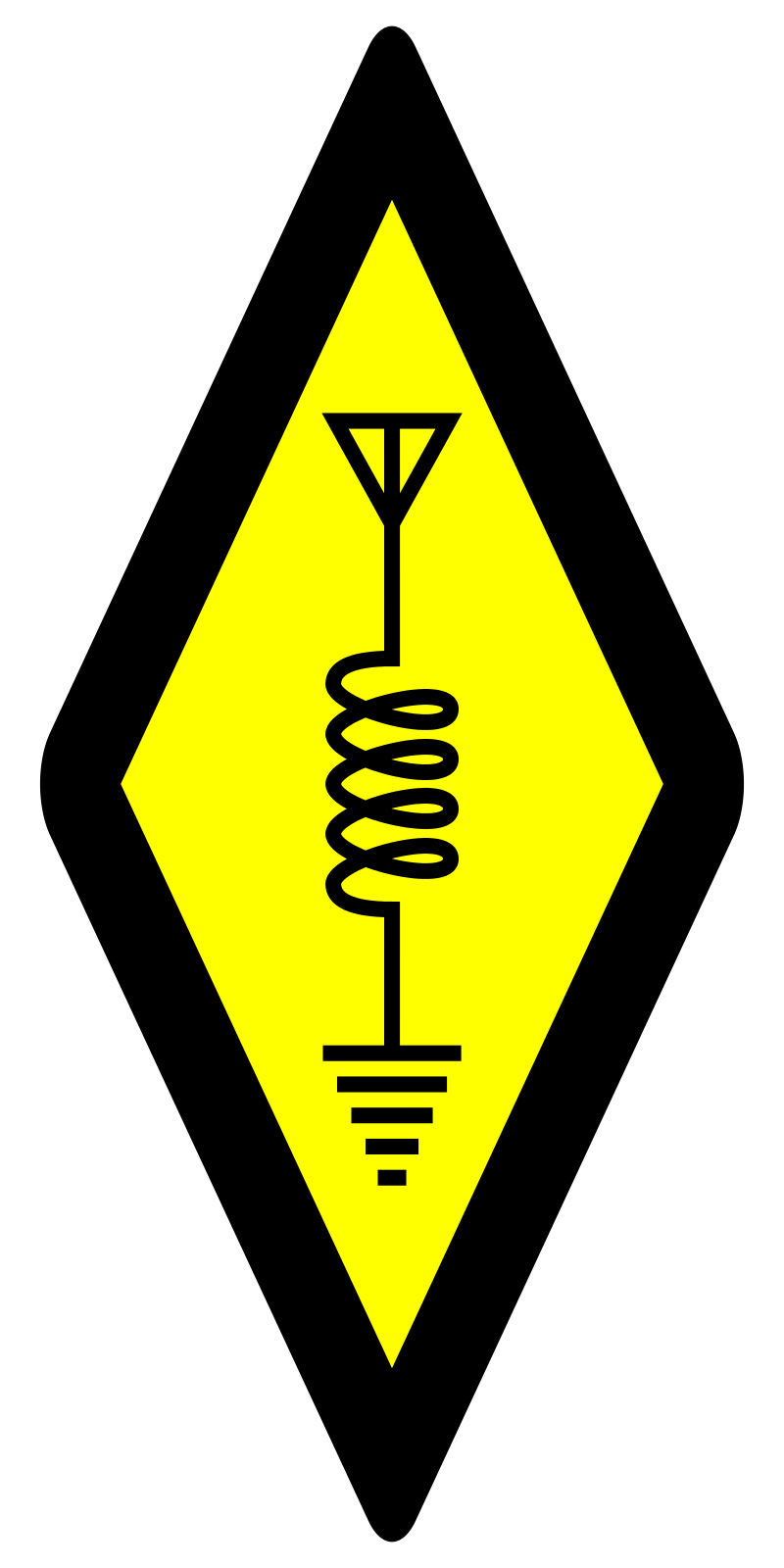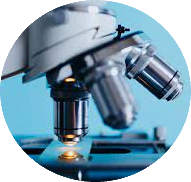The only alternative I know of that goes close to what FreeIPA does (minus the cert part) is kanidm. It does:
- oauth2
- ssh key distribution
- RADIUS
- PAM/SSSD
- LDAP
I just noticed they have a beta for multimaster replication, which is nice.
I use it at home. Note, though, that it does not do any hand-holding, and all configuration is done through CLI. Also note, there are docs for the stable or dev branch and there sometimes are big differences between the two.








Anche perché, uno “sciopero” sarebbe consegnare scheda nulla, o scheda bianca… alla fine uno non sciopera dal lavoro stando a casa, ma protestando davanti all’azienda, no?